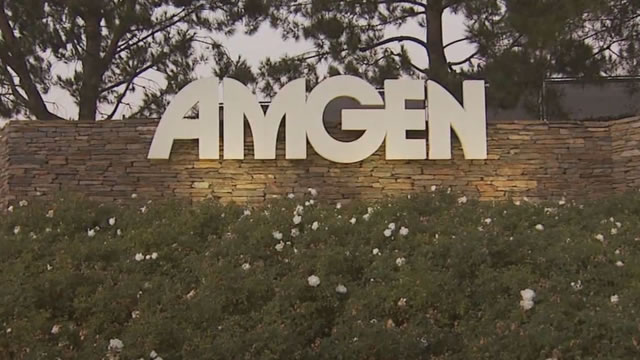Mesoblast’s Allogeneic Cellular Products and the U.S. Tariffs: What Does it Mean for You and the World?
On April 3, 2025, Mesoblast, a leading global biotechnology company specializing in allogeneic cellular medicines for inflammatory diseases, released a statement regarding the potential impact of the U.S. Government’s announcement on tariffs for imported products on their business operations and, by extension, their customers. The company expressed confidence that their allogeneic cellular products, such as Ryoncil® and Revascor®, would not be subject to these tariffs.
Why Mesoblast’s Products May Escape the Tariffs
The U.S. tariffs primarily target specific industrial sectors and certain consumer goods. Allogeneic cellular medicines, like those produced by Mesoblast, are considered advanced therapeutic products, which are not typically subject to such tariffs. These medicines undergo stringent regulatory approval processes and are designed to address complex medical conditions, making them an essential part of the healthcare industry.
Impact on Consumers: A Possible Bright Side
For patients in need of Mesoblast’s Ryoncil® and Revascor®, the potential exemption from tariffs could result in cost savings or, at the very least, price stability. These allogeneic cellular therapies are used to treat various inflammatory conditions, including steroid-refractory acute graft-versus-host disease (aGVHD) and critical limb ischemia (CLI), respectively. By avoiding additional tariffs, the cost of these treatments may remain more accessible to patients and healthcare providers.
Global Implications: A Step Towards Harmonization
The U.S. Government’s decision not to impose tariffs on Mesoblast’s allogeneic cellular products could potentially set a precedent for other advanced therapeutic products. This decision may encourage further collaboration and harmonization between regulatory agencies worldwide, ultimately benefiting patients and the global healthcare industry as a whole.
Conclusion
Mesoblast’s announcement regarding the potential exemption of their allogeneic cellular products from U.S. tariffs offers a glimmer of hope in the ever-changing landscape of global trade policies. For patients in need of these life-changing therapies, this decision could mean cost savings and price stability. Moreover, it may pave the way for increased collaboration between regulatory agencies, leading to a more unified and harmonized approach to advanced therapeutic products worldwide.
- Mesoblast’s allogeneic cellular products, such as Ryoncil® and Revascor®, are not expected to be subject to U.S. tariffs.
- The potential exemption could result in cost savings or price stability for patients and healthcare providers.
- This decision may encourage further collaboration and harmonization between regulatory agencies worldwide.





